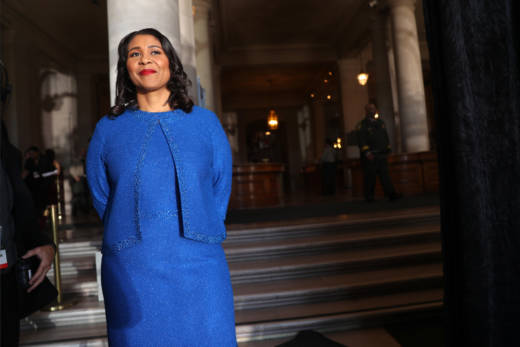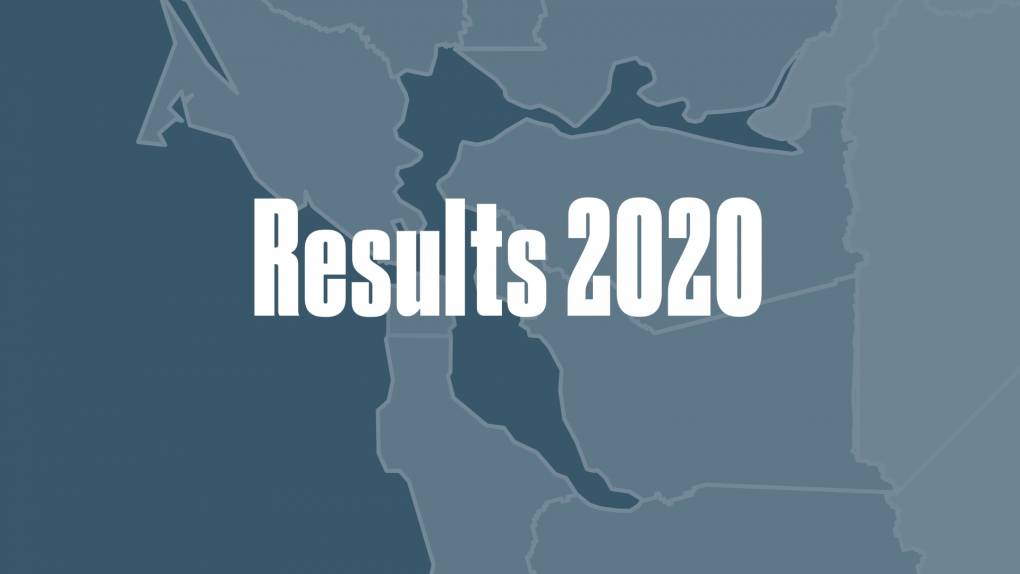Mayor London Breed and San Francisco’s Board of Supervisors largely agree on the city’s most pernicious problems — the pandemic, the rental crisis, homelessness, the survival of small businesses — but find themselves disagreeing on how to solve them.
These ideological logjams, however, may clear after this November’s election.
Breed is considered a political moderate, generally in ideological opposition to the (for now) progressive-majority Board of Supervisors, and they’re particularly split on how to solve the rental housing crisis.
Moderates tend to favor market-rate housing production at any rental price, in a bid to bring down rents through abundant supply, whereas progressives tend to favor city- or developer-subsidized affordable housing with rents targeted at residents with specific income levels.
When disagreements over housing solutions or other proposed legislation arise, the 11-member board has an ace in the hole: Any vote backed by a supermajority can’t be vetoed by the mayor, an advantage a solid bloc of eight progressive allies have enjoyed over the last year. Marshaling those eight members on a particular issue gives progressives an open road to author their preferred laws.


